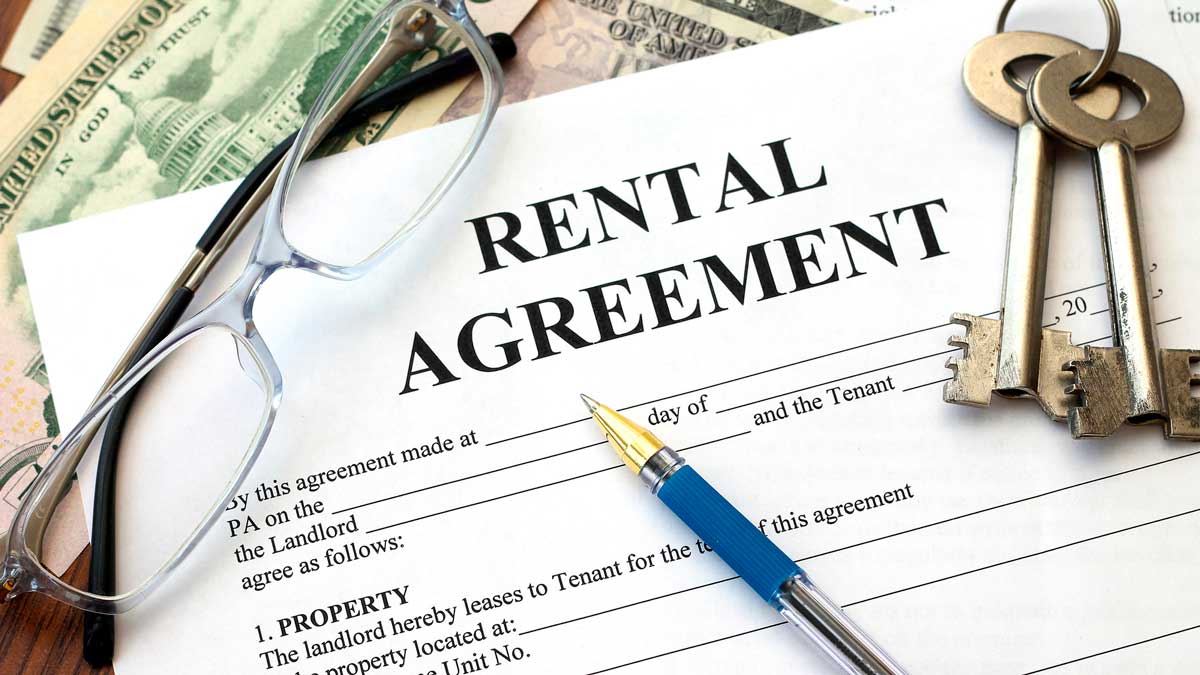How do I prepare a house for rent?

Property investment is a great way to earn passive income. If you’re a first-time landlord or investor, you need to think about rent collection, business credit, emergency funding, and other income management elements. Read on to find out how to prepare a house for rent and the best way to collect rent as a landlord.
Create a clear, low-hassle rent collection system
Rent collection is a significant headache for income properties. If you can streamline the process, you’ll find it much easier to manage your rental from month to month. Instead of picking up rent checks or having tenants bring you money for rent, consider using one of the many online rent collection platforms. Here are three rent payment portals we recommend for our clients:
- PayNearMe.com is an excellent solution if you have mostly cash-based rent payments. Tenants can pay rent at CVS Pharmacy, 7-Eleven, and other approved retailers, so you do not have to handle the cash directly. You’ll receive the funds via ACH, along with information about the tenant.
- TenantCloud.com is an online rent collection platform. The basic account is free, but you can upgrade to an Advanced account that will automatically sync your bookkeeping information to QuickBooks. We’ve worked with many property managers who say they love TenantCloud and its features.
- Cozy.co is a free rent collection website where renters can pay rent, submit maintenance requests, and more. The accounting options aren’t as efficient as they are on TenantCloud, but you can export your bookkeeping details to other programs.
Get a business checking account for rental income
Once you have a convenient way to collect rent payments, you need to isolate them from other personal income. We recommend establishing a business checking account and a security deposit account to prepare your house for rent. The checking account acts as an operations account for rent deposits and general expenses. The security deposit account holds funds that you’re not going to touch often. This setup provides a solid foundation for managing property income in the future.
Use rental income to build business credit
Business credit is incredibly useful for landlords. If you need to make an emergency repair or renovation investment, you can use a line of credit instead of tapping into personal cash. Get a business credit card and actively use it to make purchases for the property. Pay off the credit card each month, and you’ll have a solid credit history for the business.
Prepare for the long term and the “what-ifs”
You’ve established the baseline accounting operations to prepare a house for rent. Now it’s time to think about long-term cash flow issues you may come across. What will the carrying costs be between tenants? What lines of credit are available in case of an emergency? How much cash should you have on hand if you need to file a hefty insurance claim on the house? Think about the financial “what ifs” so you can confidently address them when the time comes.
